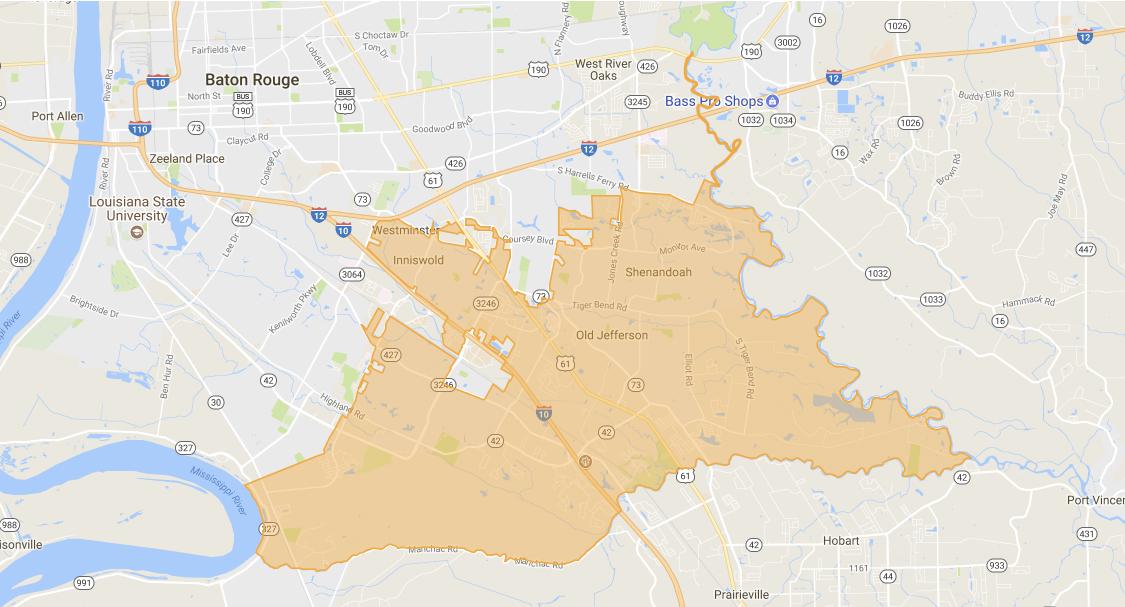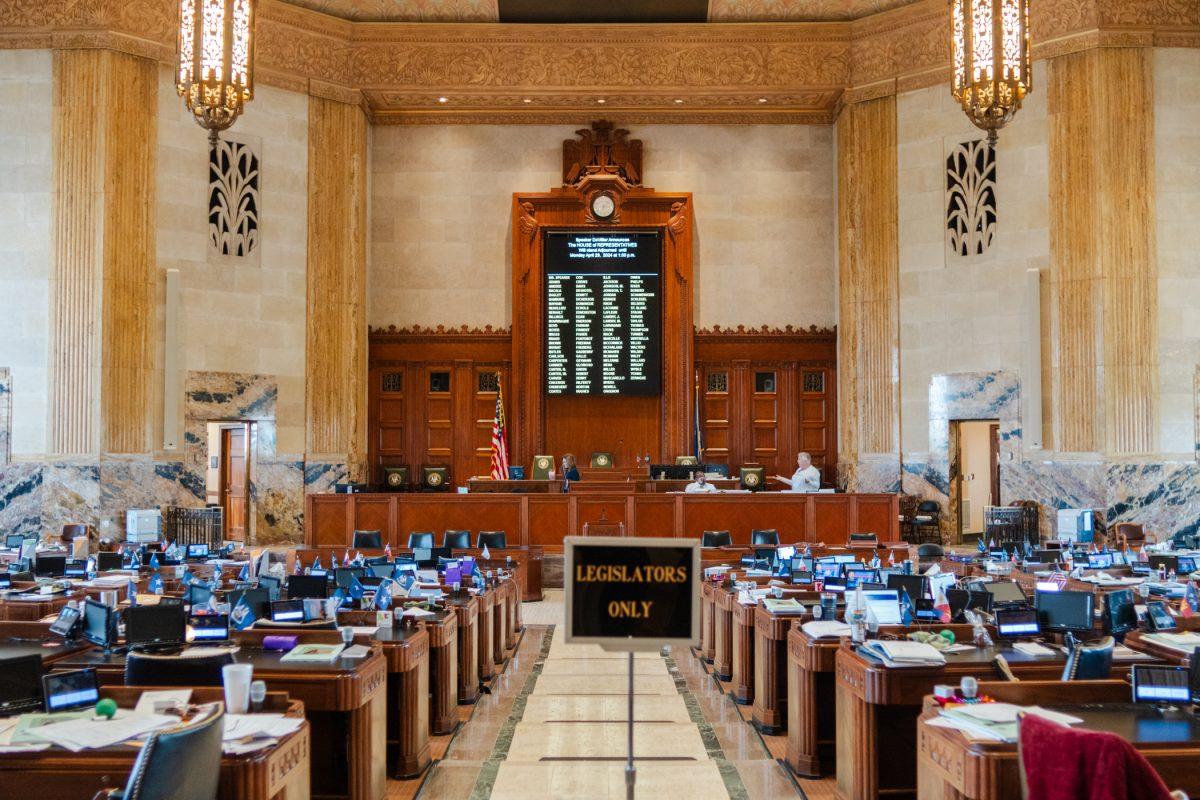WASHINGTON (AP) — The world is anxiously awaiting new ideas and fresh leadership from America’s new president to deal with the economic crisis that has encircled the globe with sickening speed. Unemployment is climbing, the stock market has plummeted and businesses are teetering.
But for 77 days after the election, the problems will be George Bush’s — and both Barack Obama and John McCain have signaled they will defer to him.
Both Obama and McCain understand the enormous pressure that the Election Day victor will be under to begin taking aggressive action virtually as soon as the votes are counted. But reality likely will prevent much of that from happening.
The president-elect will have the nation’s affirmation but not any actual authority over government. Most politicians also would resist assuming public responsibility for tricky issues when someone else is still in charge, especially when that someone’s approval ratings are nearly equal to the worst for any president since Gallup first starting compiling them 70 years ago.
Finally, there is the traditional protocol of respect in the U.S. political system, between presidents and former presidents and incoming presidents.
“He understands there is only one president,” an Obama adviser said.
“There would be a lot of involvement, but that doesn’t mean you’d replace the current president. Far from it,” said Doug Holtz-Eakin, McCain’s senior policy adviser.
“A president-elect could only make matters worse if there is any suggestion that he is moving in a direction different from the current president,” said Norman Ornstein, a resident scholar at the American Enterprise Institute and a transition expert. “You can create a real lack of confidence here. And the more delicate the situation, and the situation we’re in is very delicate, the more carefully you have to tread.”
Bush’s biggest final job is managing the massive $700 billion financial industry rescue package, which includes myriad tools aimed at shoring up firms’ balance sheets so they will get credit flowing through the U.S. economy again. The plan’s direction has changed several times as the administration scrambles to keep up with events.
The administration also is debating whether to intervene aggressively to help struggling automakers. And it is weighing whether to find a new way to help homeowners avoid foreclosure.
Ornstein, whose transition expertise has been enlisted by the Bush White House, said officials there may even offer to take unpopular action before leaving office and take it off the new president’s hands — if the president-elect’s team wants it.
Ornstein said a smart president-elect would name his treasury secretary and economic team quickly, and perhaps hold high-profile talkfests on key, long-term issues, but not do much else. As soon as the campaign is over, being seen as bashing Bush — by either Obama or McCain — turns from a campaign-season plus to a new-administration liability.
“You don’t gain anything politically from it anymore, and you could hurt yourself — and the country,” he said.
Another issue facing the new president is what to do about a big spending plan being pushed by Congress’ Democratic leadership, perhaps in excess of $150 billion, for a new economic stimulus package that would be a sequel to the tax rebates earlier this year. A series of hearings has been staged to start generating support for holding a special postelection session on such a package, to include items such as roads and other infrastructure improvements, aid for cash-strapped states, boosting food-stamp allotments and an extension of unemployment benefits.
McCain and Senate Republicans have indicated they could accept another extension of jobless benefits. But Bush’s resistance seems to doom passage of anything else in an immediate lame-duck session, and a McCain win probably would doom it for good.
If Obama wins, he could choose to actively campaign, not just among fellow senators but around the country, to build pressure on Bush to reverse course on a stimulus measure. His aides are studying historical precedent on transitions to help them plot out how — and how much — he should be seen if he becomes president-elect.
If Obama opted to wait until Bush is gone, it seems likely that a Stimulus II would be one of the first pieces of legislative business accomplished under his administration. That could hand him a quick victory, but also pose some complications, as he has broader economic and tax proposals as well. They include business tax breaks for job creation, penalty-free retirement-account withdrawals, a 90-day freeze on some foreclosures and small business help.
Holtz-Eakin said McCain would spend his transition trying to reassure the public without getting in Bush’s way. McCain’s main priority would be to try to start gaining traction on his $300 billion plan for the government to buy bad mortgages and renegotiate them at a reduced price, Holtz-Eakin said.
Neither Democrat Obama nor Republican McCain will attend an economic summit of world leaders being hosted by Bush in Washington less than two weeks after Election Day. The question hanging over the meeting is what course will be set by America’s next president to save the economy.
British Prime Minister Gordon Brown said Monday that U.S. leadership “will and must continue” during the transition period. His spokesman, Michael Ellam, said economic solutions would be “effective and lasting” only if the U.S. showed “full engagement.”
Led by Brown and French President Nicolas Sarkozy, Europeans are seeking ambitious regulatory reforms coordinated among nations, aimed at preventing a repeat of the U.S. housing market collapse that turned into a global credit freeze and is threatening jobs and economic activity. They want to consider entirely revamping the international financial and monetary system, and Sarkozy has said he hoped the summit would yield concrete decisions.
The Bush White House is promising nothing of the sort.
Presidential spokeswoman Dana Perino said Monday that the meeting’s purpose was to come to agreement on underlying causes of the problem, review actions taken so far and outline “principles for reform” — a description that is a far cry from overhauling regulations.
Indeed, one reason that Bush included in the gathering not just rich countries, but also major developing economies such as China, Brazil and India, was to let the latter function as a brake on hard-charging new regulations. With the Bush-led meeting on Nov. 15 intended to be only the first among many, all the leaders may put off scheduling the later ones to bring in not Bush, but their new U.S. partner.
——Contact The Daily Reveille news staff at [email protected]
After election, new president has to wait 77 days – 11 a.m.
November 4, 2008






